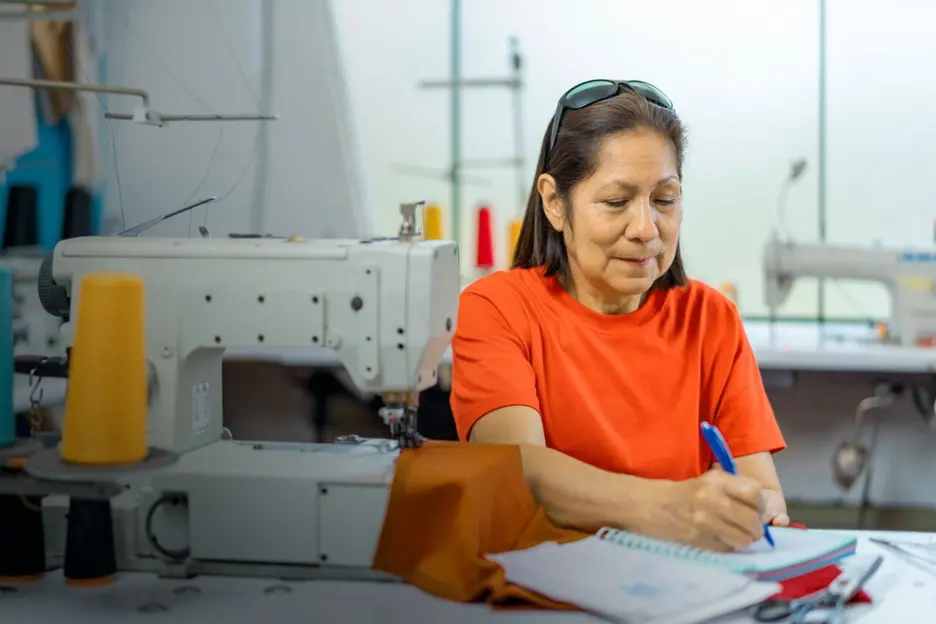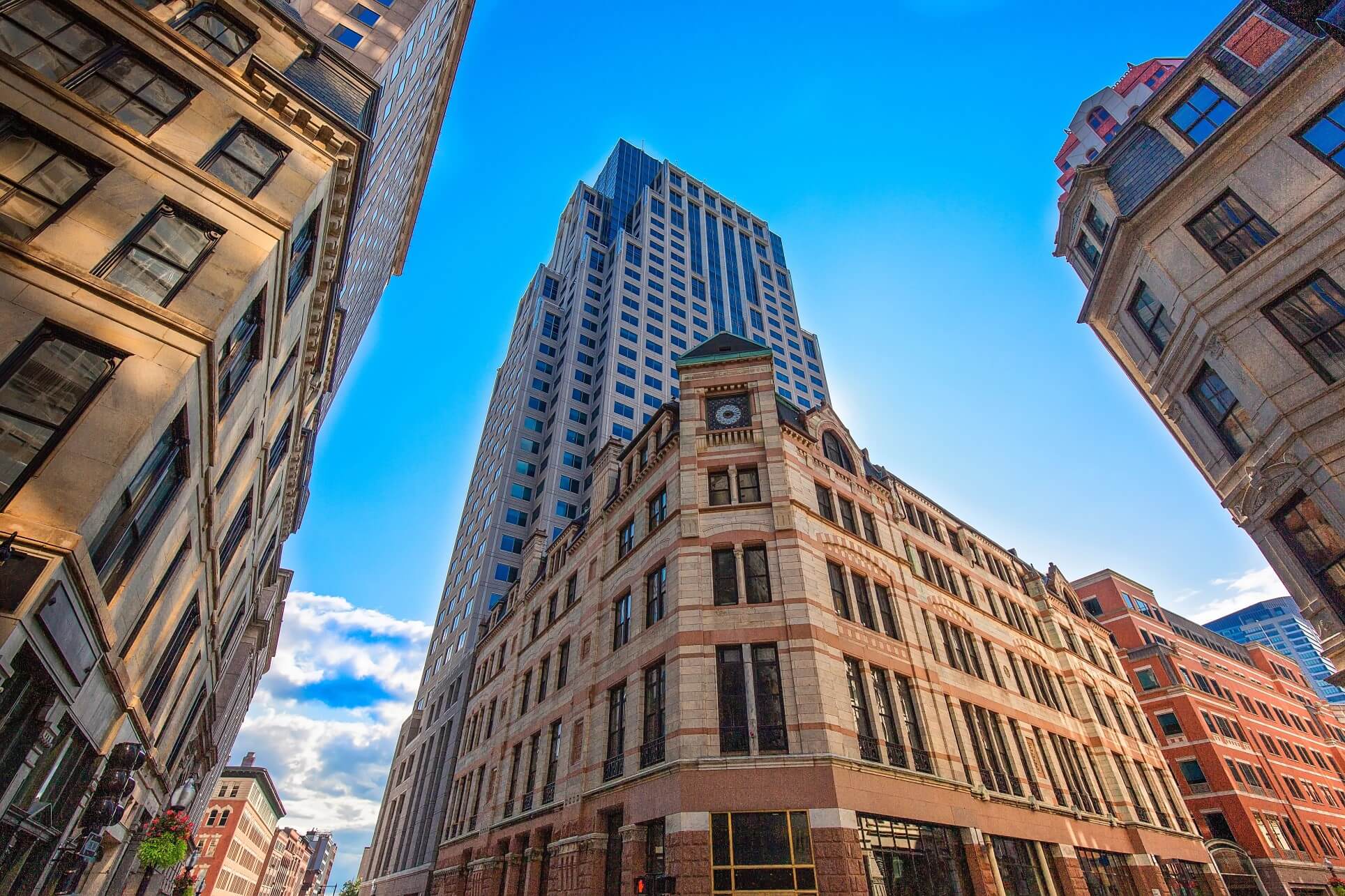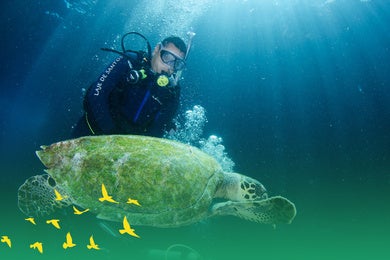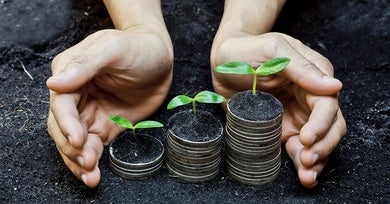The Sustainable Bond that Transformed Central America's Financial Markets

Investment decisions focused on positive social and environmental impacts are vital to driving equitable and responsible economic growth, financial success, and sustainable development in Latin America and the Caribbean.
With this philosophy, IDB Invest supported structuring the first sustainable bond in Central America in 2020. A joint effort with Banco Promerica in Costa Rica set a precedent in the regional financial market.
The commitment of this financial institution to the Sustainable Development Goals is evident and demonstrated in the priority given to SMEs, green credits, agribusiness, and middle-class mortgages.
Furthermore, it is the first Costa Rican bank to sign the Principles of Responsible Banking. It is a founding signatory of the Net-Zero Banking Alliance (NZBA), which created a methodology in which the financial sector sets goals for 2030 and 2050 to reduce greenhouse gas emissions.
The sustainable bond's partial credit guarantee improved Banco Promerica's risk rating and attracted competitive interest rates and local and international investors. As a result, the bank experienced significant growth, with an increase in green loans and loans granted to SMEs.
Additional reading
- A Few Very Good Reasons to Protect the Integrity of Gender Bonds
- Sharing Knowledge, Key to Transition to a Sustainable Economy: Our Experience in Mexico
The bank's strategy focuses on four pillars: Sustainable Business, Impact Measurement, Leading by Example, and Social Investment. These pillars and managing environmental, social, and governance risks allow Banco Promerica to identify and manage risks and opportunities in its operations effectively.
The collaboration between Banco Promerica and IDB Invest is a clear testament to how sustainability and business can go hand in hand. By prioritizing sustainable financing, they drive a business model that generates sustainable assets, improves people's lives, and contributes to the region's economic and social development.
Investment and sustainability
We have observed this with this and other experiences. These instruments provide a platform to channel funds through a private bank to carry out sustainable activities in key development sectors.
These activities include financing MSMEs in segments with high social impact and commercial growth, such as women-led, and promoting projects that foster productive resilience and reduce greenhouse gas emissions.
Our advice has also been crucial in times of crisis, as it allowed many small businesses to survive and thrive during the COVID-19 pandemic.
Since BID Invest, we have supported financial institutions, corporations, and infrastructure and renewable energy projects in issuing over 38 thematic bonds in 2023, with a total value of over US$3 billion.
The goal is to establish a strategy where business and sustainability intersect to promote positive social and environmental impacts that open new opportunities for developing the country where companies operate.
We invite you to learn more about the social and environmental impact of the bond with Banco Promerica and stories of green investments and small businesses supported in the entire case study here.
Latest posts
LIKE WHAT YOU JUST READ?
Subscribe to our mailing list to stay informed on the latest IDB Invest news, blog posts, upcoming events, and to learn more about specific areas of interest.
Subscribe


